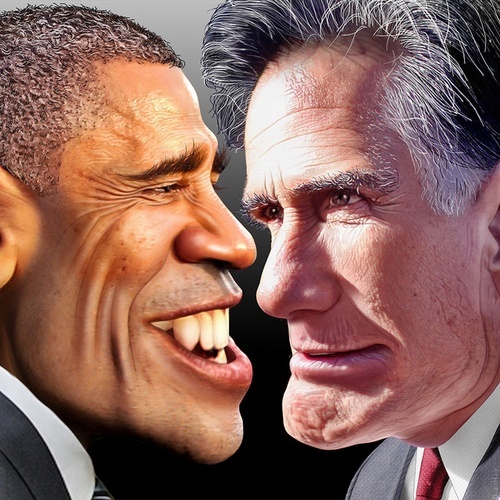
Reform of Electoral College rules are unlikely unless states move together: Electoral college allows popular vote winner to lose election like Gore in 2000
Paul Ryan: Leave Wisconsins electoral college rules alone
Raw Story
While some Republican lawmakers in Wisconsin have mulled over changing the state’s electoral college process to split the electoral vote, former vice-presidential candidate Rep. Paul Ryan (R-WI) expressed opposition to the idea, even though it would have helped his campaign in the 2012 election.
electoral votes, state, electoral college, electoral college process, kind of liked the idea of being targeted, electoral college rules, Wisconsin, state Senate, electoral vote, Wisconsin State Journal, vice-presidential candidate Rep., Republican National Committee, President Barack Obama, mate Mitt Romney, Virginia state Senate, state Senate committee, chair Reince Priebus, Wisconsin Gov. Scott, Republican lawmakers, election, flyover state, Ryan, Paul Ryan, presidential election, Huffington Post, 5-5 split, local control, swing states, percentage points, Ryan/Romney ticket, long-term implications, similar efforts, winner-take-all, electorate, opposition, splitting, hate, R-WI, campaign, proposal, model, Maine, Nebraska, way, time, analysis, gerrymandering
otto says
A survey of Wisconsin voters showed 71% overall support for a national popular vote for President.
Support was 81% among Democrats, 67% among independents, and 63% among Republicans.
By age, support was 68% among 18-29 year olds, 62% among 30-45 year olds, 72% among 46-65 year olds, and 76% for those older than 65.
By gender, support was 80% among women and 61% among men.
The National Popular Vote bill would guarantee the majority of Electoral College votes, and thus the presidency, to the candidate who receives the most popular votes in the country, by replacing state winner-take-all laws for awarding electoral votes.
It would make every vote, everywhere, politically relevant and equal in presidential elections. No more distorting and divisive red and blue state maps of pre-determined outcomes.
The bill would take effect when enacted by states with a majority of Electoral College votes—that is, enough to elect a President (270 of 538). The candidate receiving the most popular votes from all 50 states (and DC) would get all the 270+ electoral votes of the enacting states.
The presidential election system, using the 48 state winner-take-all method or district winner method of awarding electoral votes, that we have today was not designed, anticipated, or favored by the Founders. It is the product of decades of change precipitated by the emergence of political parties and enactment by 48 states of winner-take-all laws, not mentioned, much less endorsed, in the Constitution.
The bill uses the power given to each state by the Founders in the Constitution to change how they award their electoral votes for President. States can, and have, changed their method of awarding electoral votes over the years. Historically, major changes in the method of electing the President, including ending the requirement that only men who owned substantial property could vote and 48 current state-by-state winner-take-all laws, have come about by state legislative action.
Obvious partisan machinations, like those proposed now in Michigan’s lame duck session and not coincidentally being considered in Wisconsin, should add support for the National Popular Vote movement. If the party in control in each state is tempted every 2, 4, or 10 years (post-census) to consider rewriting election laws with an eye to the likely politically beneficial effects for their party in the next presidential election, then the National Popular Vote system, in which all voters across the country are guaranteed to be politically relevant and treated equally, is needed now more than ever.
Support for a national popular vote is strong among Republicans, Democrats, and Independent voters, as well as every demographic group in every state surveyed recently. In virtually every of the 39 states surveyed, overall support has been in the 70-80% range or higher. – in recent or past closely divided battleground states, in rural states, in small states, in Southern and border states, in big states, and in other states polled.
Americans believe that the candidate who receives the most votes should win.
The bill has passed 33 state legislative chambers in 22 rural, small, medium, large, red, blue, and purple states with 250 electoral votes. The bill has been enacted by 11 jurisdictions with 165 electoral votes – 61% of the 270 necessary to go into effect.
NationalPopularVote